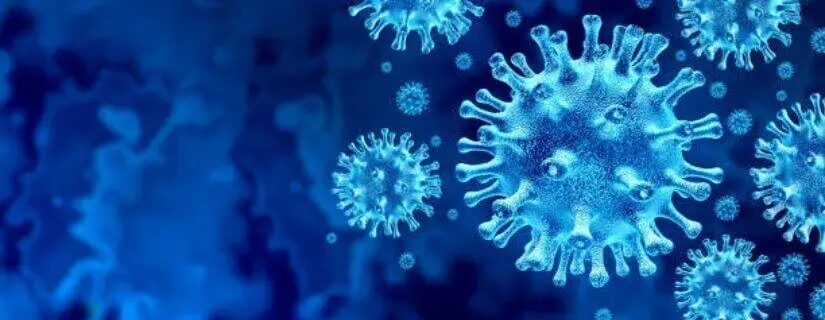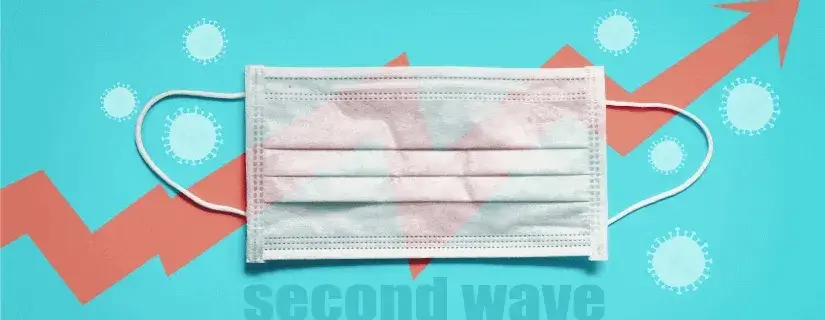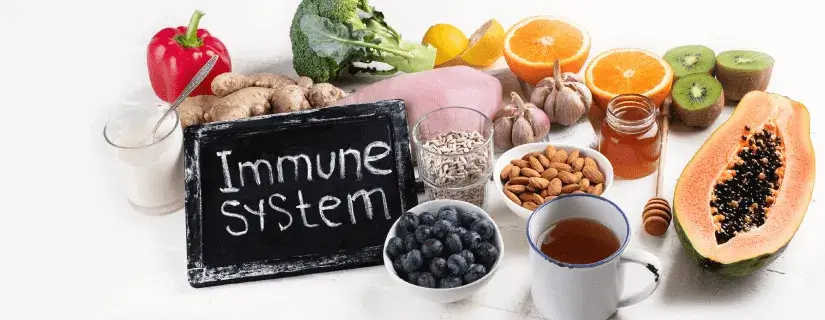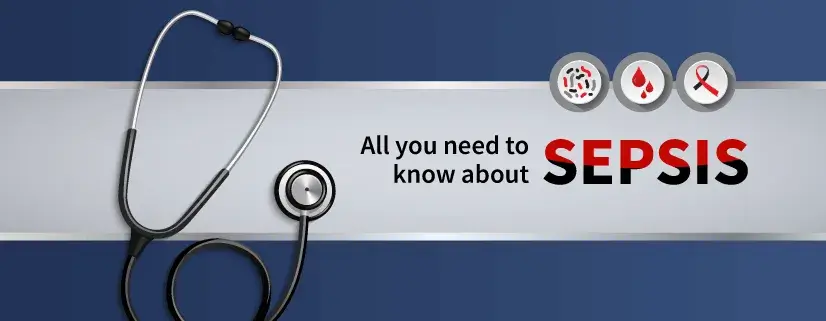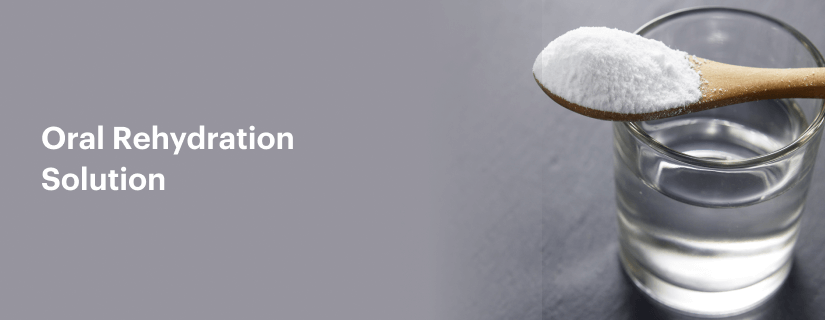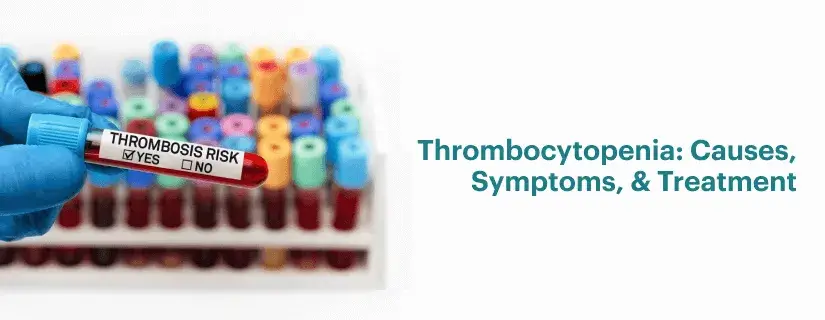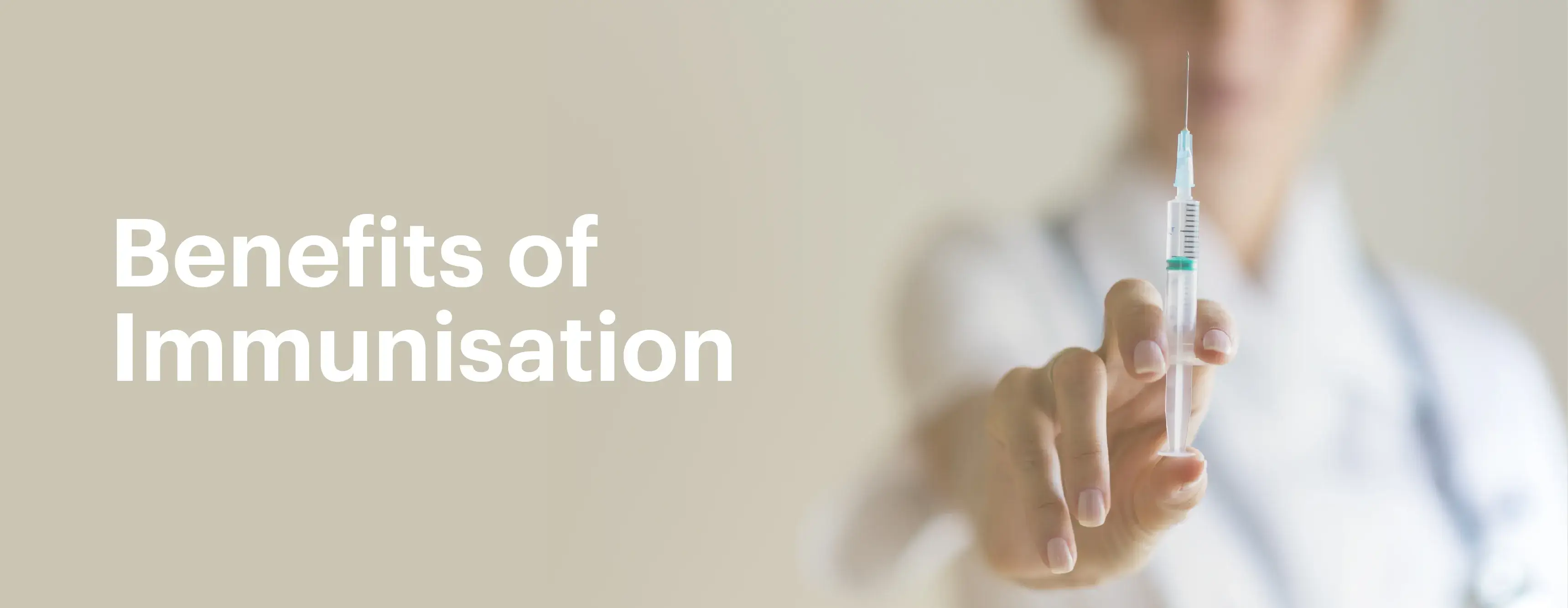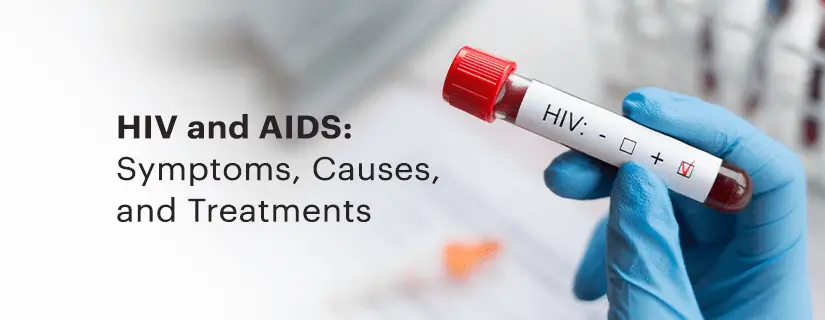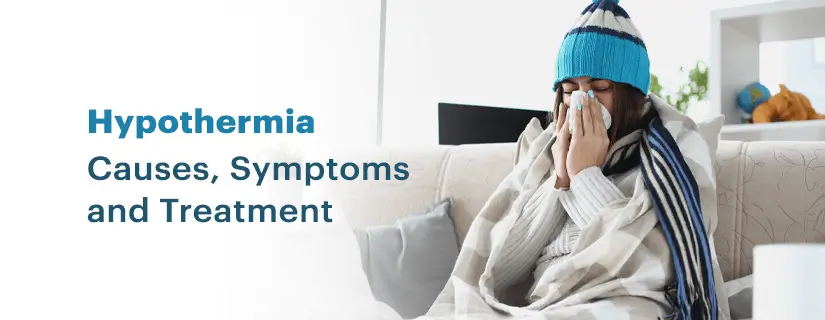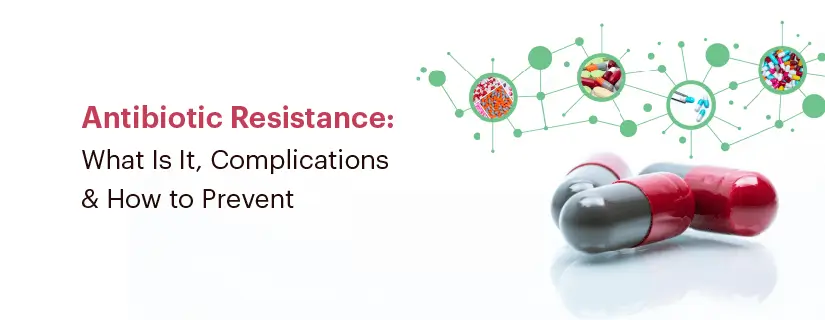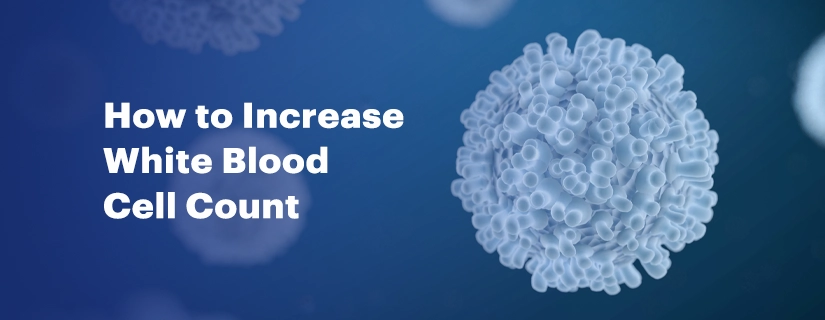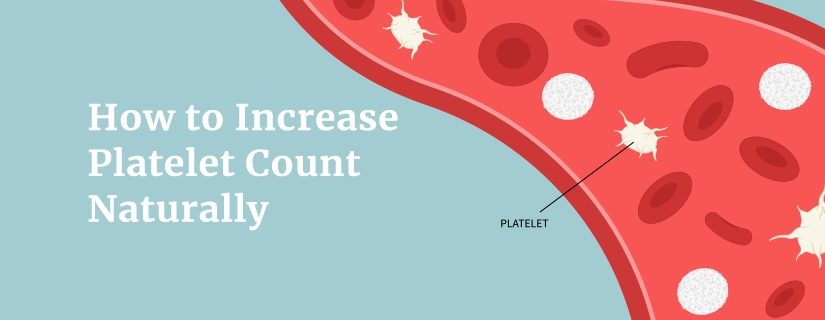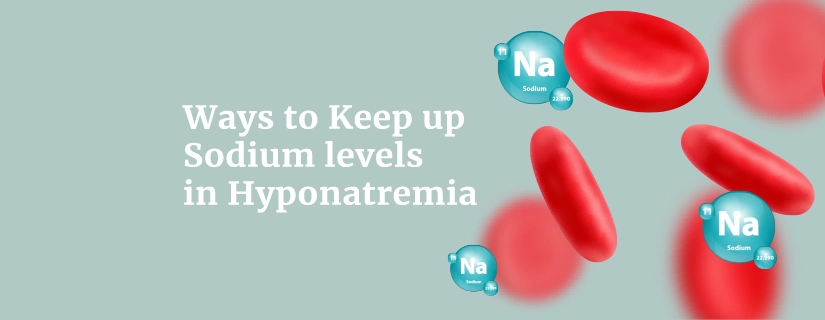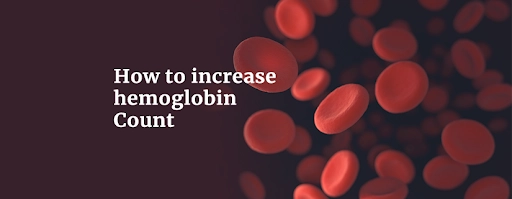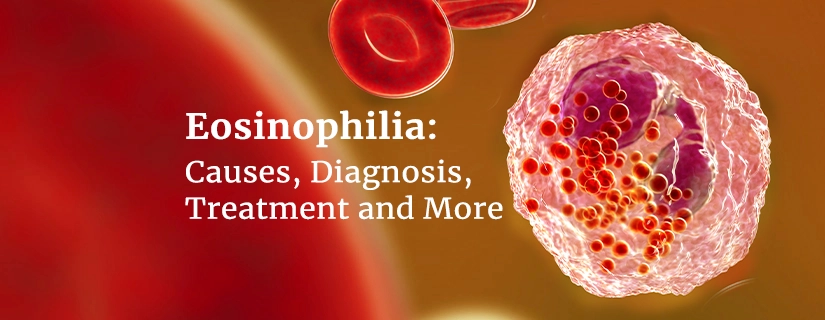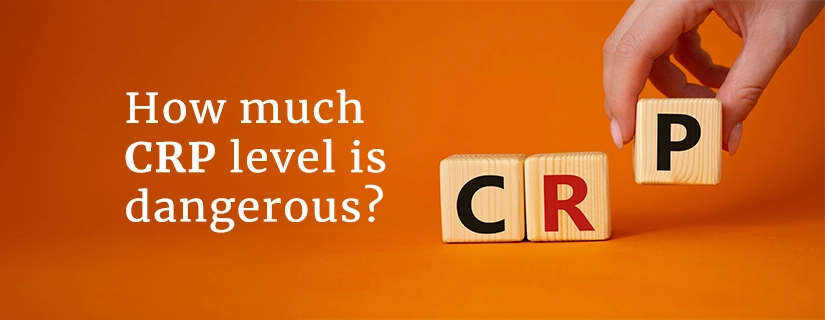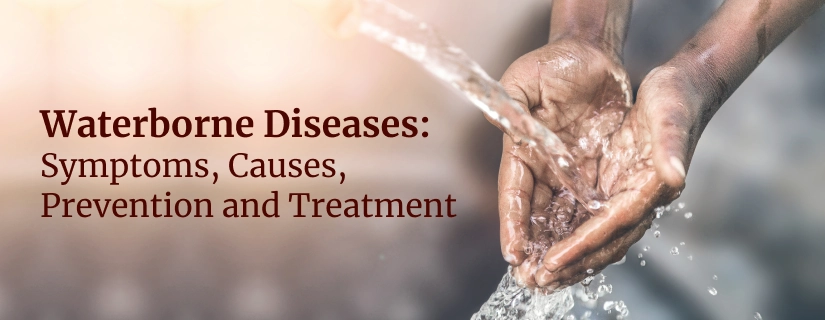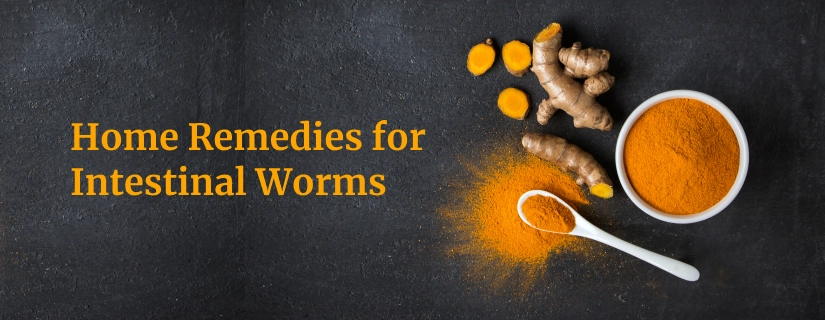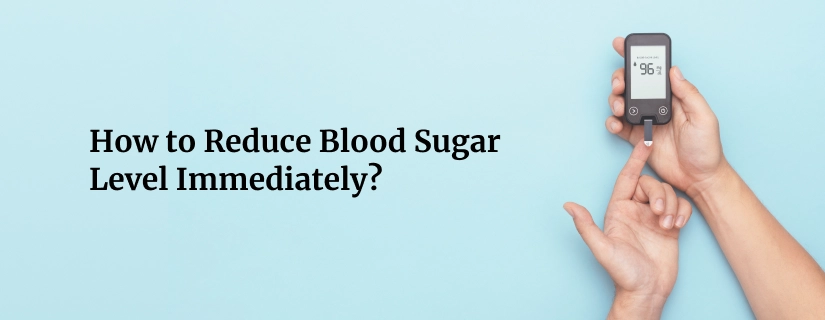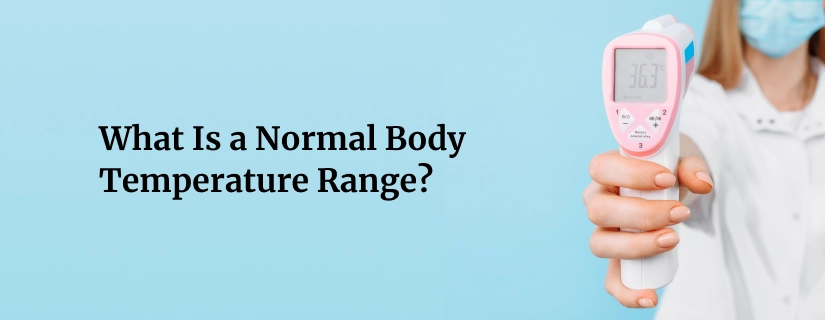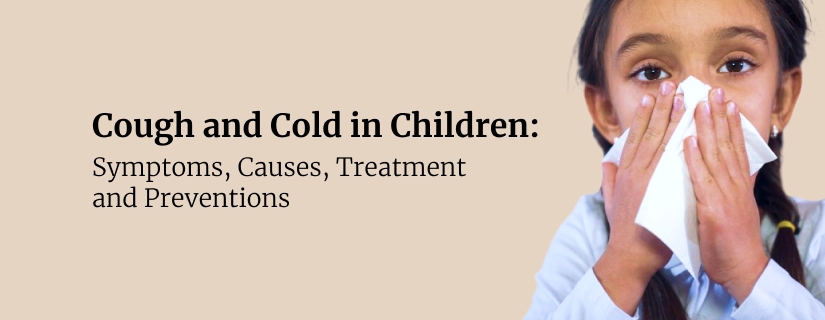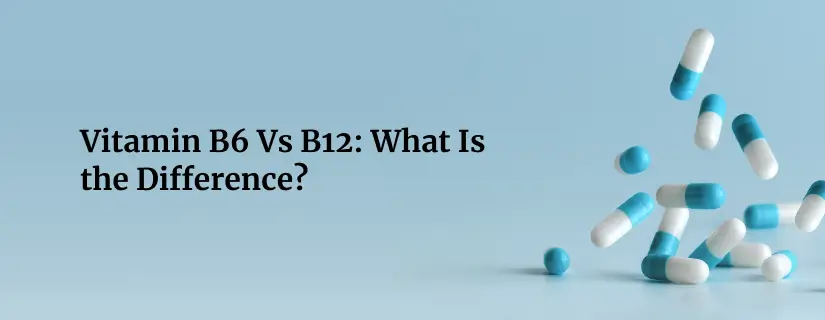-
Doctors
-
Specialities & Treatments
Centre of Excellence
Specialties
Treatments and Procedures
Hospitals & Directions HyderabadCARE Hospitals, Banjara Hills CARE Outpatient Centre, Banjara Hills CARE Hospitals, HITEC City CARE Hospitals, Nampally Gurunanak CARE Hospitals, Musheerabad CARE Hospitals Outpatient Centre, HITEC City CARE Hospitals, Malakpet
HyderabadCARE Hospitals, Banjara Hills CARE Outpatient Centre, Banjara Hills CARE Hospitals, HITEC City CARE Hospitals, Nampally Gurunanak CARE Hospitals, Musheerabad CARE Hospitals Outpatient Centre, HITEC City CARE Hospitals, Malakpet Raipur
Raipur
 Bhubaneswar
Bhubaneswar Visakhapatnam
Visakhapatnam
 Nagpur
Nagpur
 Indore
Indore
 Chh. Sambhajinagar
Chh. SambhajinagarClinics & Medical Centers
Book an AppointmentContact Us
Online Lab Reports
Book an Appointment
Consult Super-Specialist Doctors at CARE Hospitals
12 Home Remedies to Naturally Lower Your Creatinine Levels
Updated on 5 December 2023

Creatinine is a natural waste product that is produced by the normal breakdown of muscles and digestion of protein in the food. It may also be produced by consuming a lot of proteins as part of a diet. This waste product is usually transported to the kidneys through the bloodstream for filtering out with urine. However, when the kidneys don't function properly, creatinine may start building up in the body. Apart from kidney problems, rigorous exercise regimes and the use of certain medications and supplements may also result in higher-than-normal creatinine levels.
Creatinine levels may also present a picture of kidney health to understand how well they are working. Higher than normal levels of creatinine in the blood may indicate kidney function problems. Further evaluation of kidney function may help identify any problem to understand how to lower creatinine levels. Dietary modifications and lifestyle changes may also help lower creatinine levels.

Causes of High Creatinine Levels
If a person has any of the following conditions that may contribute to impaired kidney function, a doctor may recommend testing for creatinine levels:
- Diabetes
- High blood pressure
- Autoimmune diseases like lupus
- Bacterial or Viral infections like HIV, Syphilis or Hepatitis
- Thyroid disease
- Cancerous tumours
- Blockage in the urinary tract
- A family history of kidney disease
When there is a high creatinine level in the blood, the following symptoms may appear:
- Changes in the frequency of consistency of urine
- Blood in urine
- Fatigue
- Nausea or vomiting
- Muscle cramps
- Swelling in the feet and ankles
- Puffiness around the eyes
There are many things that may cause a rise in creatinine levels apart from kidney function problems. These causes may include:
- A high intake of red meat or other forms of proteins
- Decreased blood flow
- Heavy exercises
- Certain medications like NSAIDs, and certain antibiotics
- Dehydration
- Creatine supplements
Creatinine levels may rise temporarily as a result of heavy exercises or strenuous activities like playing any sport for a long duration. Using certain medications like chemotherapy drugs may also lead to high creatinine levels. Shock, infection, and some serious illnesses may also cause elevation in these levels. Oftentimes, treating the underlying cause may help understand how to reduce these levels.
12 Home Remedies to Naturally Lower Your Creatinine Levels
How to control creatinine levels by foods and how to reduce creatinine naturally have always been the top concerns of individuals with high creatinine levels, and rightly so. This is due to the fact that, in most cases, making dietary and lifestyle modifications has been shown to manage creatinine levels quite well. So the next time one wonders how can I lower my creatinine levels, the following 12 tips may be the answer!
- Avoid Supplements Containing Creatine: Creatinine is naturally produced in the body; creatine supplements may be used for more energy and enhancing performance in sports-related activities, but such supplements can also increase the creatinine levels in the body. For anyone wishing to reduce creatinine in the body naturally, it is important to stop taking creatine supplements.
- Decrease Protein Intake: Consuming proteins in excess naturally increases the amount of creatinine in the body, at least temporarily. In particular, consuming red meat definitely increases creatinine levels in the body. Other protein sources like eggs and chicken, including dairy products, may also contribute to high creatinine levels. Switching to a more vegetable-based diet and limiting the intake of proteins can be beneficial in lowering creatinine levels in the body.
- Eat More Fibre: Keeping a more fibre-based diet may help to manage high creatinine levels. It may be especially beneficial for people with chronic kidney diseases. Whole grain foods, fruits, vegetables, legumes, etc., should be incorporated into the diet.
- Keep Up Hydration Levels: Dehydration may contribute to high creatinine levels in the body and aggravate symptoms of dry throat, fatigue, and dizziness. Making sure to stay amply hydrated and replenish fluids when sweating out is important to prevent dehydration as well as keep creatinine levels normal. However, patients with certain kidney diseases may have an issue with fluid intake. For such patients, it is suggested to consult a doctor about the amount of water and other fluids that may be suitable for them at a time.
- Decrease Intake of Salt: Consuming foods with excessive salt may lead to high blood pressure, which may potentially cause kidney function problems. When the kidneys are not able to filter the blood properly, creatinine may not be filtered out through the urine. This may lead to a rise in creatinine levels. Processed foods contain high amounts of sodium and phosphorus, which may contribute to kidney problems.
- Avoid Overuse of NSAIDs: OTC medicines and non-steroidal anti-inflammatory drugs (NSAIDs) should not be used more than the recommended amounts, especially when a person has kidney disease. To manage pain and inflammatory conditions, it is best to consult a doctor to discuss alternative treatments.
- Avoid Smoking: Smoking tobacco can cause harm to the body in a number of ways other than raising blood pressure and causing kidney problems. Avoiding smoking may be quite beneficial to avoid kidney problems and reduce creatinine levels.
- Limit Intake of Alcohol: Excessive alcohol usage may potentially impair kidney function along with other vital organs. Drinking alcohol may also lead to high blood pressure. It may be beneficial to limit the intake of alcohol to keep creatinine levels in check.
- Avoid Exercises That Cause Strain: Muscular activity leads to the production of creatinine in our body. Overuse or excessive use of muscles can lead to a spike in creatinine levels in the blood. People with high creatinine levels must avoid exercising too much or performing strenuous activities until creatinine levels come back to normal.
- Drink Chamomile Tea: Chamomile tea has been known for its multifarious benefits, including reducing high creatinine levels. Drinking chamomile tea regularly may help to reduce the amount of creatinine in the body and benefit overall health.
- Try Apple Cider Vinegar: Apple cider vinegar is well known for its antimicrobial properties and for keeping the body healthy by preventing numerous health conditions. Apple cider vinegar may also help reduce creatinine levels in the body and prevent it from rising while also keeping kidney stones at bay. Low or moderate consumption of apple cider vinegar may be enough to reap its benefits.
- Consume Bitter Gourd: Bitter gourd is a nutrient-dense vegetable containing high quantities of vitamins, minerals, antioxidants, and fibres. Bitter gourd may also work as a natural diuretic, helping to improve blood circulation in the body and lowering blood creatinine levels. Therefore, it may be a good idea to try bitter gourd as a vegetable dish or drink its juice.
Why does creatinine matter and why is it essential to maintain the right level?
Creatinine is an important substance in the body that reflects how well our kidneys are functioning. The waste product that is produced by our muscles during exercise is called creatinine, which the kidneys remove from our blood and eliminate through urine.
Maintaining the right level of creatinine is crucial for several reasons:
Kidney Health: Doctors use creatinine levels to evaluate the condition of our kidneys. Elevations of creatinine in the blood may be a sign of renal injury or malfunction as the kidneys are not adequately filtering waste.
1. Early Detection of Kidney Problems: Regular creatinine level monitoring allows doctors to identify renal issues early. This may stop additional kidney damage by enabling prompt intervention and therapy.
2. Effectiveness of Treatment: Creatinine levels can also help doctors determine if treatments for kidney problems are working effectively. Changes in creatinine levels over time can indicate whether treatments are helping improve kidney function or if adjustments are needed.
3. Preventing Complications: Kidney problems can lead to serious complications such as high blood pressure, heart disease, and fluid retention. By maintaining the right level of creatinine, we can reduce the risk of these complications and preserve overall health.
4. Overall Health: By removing excess fluid and waste from the circulation, our kidneys help to maintain the health of our bodies. Sustaining the appropriate level of creatinine is crucial to the health of our kidneys and the efficient removal of waste from our systems.
Conclusion
Creatinine is a natural by-product of muscle usage in the body, which gets filtered out. A temporary rise in creatinine levels may not be a cause of worry as it may be due to a rise in level of activity, excessive protein consumption, or use of creatine supplements. But if it becomes a chronic condition, it is advisable to consult a doctor for appropriate treatment. Making dietary and lifestyle changes, including changes to medications consumed, may help to manage creatinine levels in the body.
1) Does lemon water reduce creatinine?
Lemon water is not known to directly reduce creatinine levels. However, it can support kidney function by helping to keep you hydrated and by promoting urination, which can aid in flushing out toxins.
2) Is papaya good for high creatinine?
Papaya is generally good for overall health due to its high content of vitamins, fiber, and antioxidants. While it doesn't specifically lower creatinine levels, its nutritional benefits can support kidney health. Always consult with a healthcare provider for personalized dietary advice.
3) Will creatinine go back to normal in 7 days?
Whether creatinine levels return to normal within 7 days depends on the underlying cause of the elevation. If elevated creatinine is due to temporary factors like dehydration or intense exercise, levels may normalize quickly with appropriate treatment. Chronic conditions, however, might require longer-term management.
4) Does drinking water lower creatinine?
Drinking water helps keep you hydrated, which can support kidney function and help lower creatinine levels by promoting the elimination of waste products. However, excessive water intake without medical guidance can be harmful, so it’s best to follow your healthcare provider's recommendations.
5) Can hydration affect creatinine levels?
Yes, hydration can affect creatinine levels. Proper hydration supports kidney function and helps in the efficient removal of creatinine from the body. Dehydration can lead to higher creatinine levels while staying well-hydrated can help maintain normal levels.

ENQUIRY FORM
SELECT CATEGORIES
-
Neurosciences (16)
-
Neurology (37)
-
Neurosurgery (14)
-
Orthopaedics (48)
-
Oncology (33)
-
Obstetrics and gynecology (51)
-
Pulmonology (23)
-
Urology (20)
-
Nephrology (13)
-
Psychiatry (7)
-
Dietetics and Nutrition (111)
-
General Medicine (63)
-
Cardiac Sciences (30)
-
Vascular & Endovascular Surgery and Interventional Radiology (10)
-
Gastroenterology (46)
-
Endocrinology (23)
-
Plastic Surgery (10)
-
Critical Care Medicine (5)
-
COVID-19 (16)
-
Dermatology (16)
-
Emergency Care (1)
-
Ophthalmology (4)
-
Pediatrics (14)
-
Laparoscopic and Bariatric Surgery (8)
-
ENT (15)
-
Kidney Transplant (1)
-
Liver Transplantation and Hepatobiliary Surgery (5)
-
General Surgery (3)
-
Internal Medicine (5)
-
Medicine Information
Dehydration Headache: Causes, Symptoms & Treatment
Food Allergy: Symptoms, Types, Causes, Diagnosis, Treatment and Prevention
YOU MAY ALSO LIKE
RECENT BLOGS
-

Direct Anterior Approach in Total Hip Replacement: Advantages and Challenges
10 April 2025
Read More
-

Zinc Deficiency: Signs and Symptoms, Causes, Treatment
9 April 2025
Read More
-

Chest Pain When Coughing: Causes, Treatment and Home Remedies
9 April 2025
Read More
-

12 Health Benefits of Eating Mushrooms
8 April 2025
Read More
-

7 Health Benefits of Blood Donation You Should Know About
8 April 2025
Read More
-

Implantation Bleeding Vs Periods: Know the Difference
28 February 2025
Read More
-

Bloating During Ovulation: Symptoms, Causes and Remedies
28 February 2025
Read More
-

Itching During Dengue: Causes, Treatment and Home Remedies
18 February 2025
Read More
Have a Question?
If you cannot find answers to your queries, please fill out the enquiry form or call the number below. We will contact you shortly.



